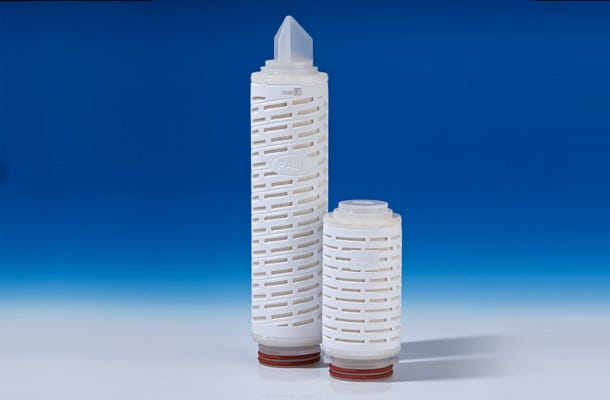- Filtration
- Downstream Processing
- Sponsored Content
Best Practices For Successful Filter Integrity Testing Using The Water Intrusion Test (WIT) MethodBest Practices For Successful Filter Integrity Testing Using The Water Intrusion Test (WIT) Method
June 24, 2015
Already have an account?
Sponsored by Cytiva

Hydrophobic filter cartridges which utilize sterilizing-grade polyvinylidene fluoride or polytetrafluoroethylene membranes are widely used in the pharmaceutical industry to sterilize compressed air or gases for product contact, as well as acting as sterile tank vents. However, hydrophobic membranes can also make filter integrity testing in situ difficult, as the membrane must be fully wetted prior to testing by the widely accepted integrity test methods of Bubble Point and Forward Flow. The Water Intrusion Test (WIT) is widely accepted within the industry, and overcomes the need to wet the filter membrane. This White Paper details several challenges associated with performing a successful WIT, including common reasons for “false failure” results. It outlines factors that can influence the test and provides guidance on how to overcome them, offering advice on methodology and best practices, to give filter users the best possible chance of performing a successful WIT and ensuring the highest process safety and demonstrating compliance with regulatory requirements.
About the Author
You May Also Like





